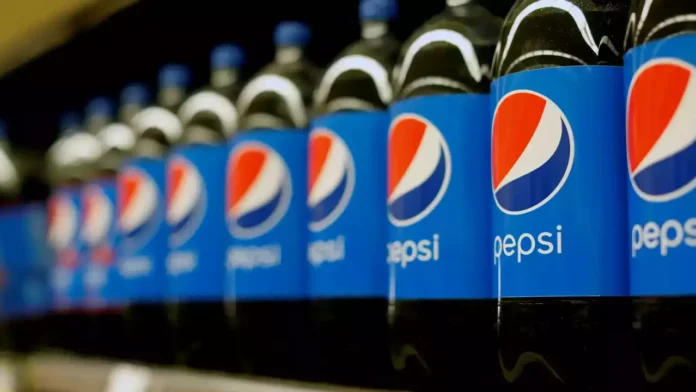Carrefour has delisted PepsiCo products in Poland, making it the fifth country where the companies’ pricing dispute has led to such measures.
France kicked off the boycott campaign on January 4, and Carrefour stores in Spain, Italy, and Belgium later joined the initiative. Displaying banners in their outlets, the France-headquartered supermarket giant declared, “We no longer sell this brand due to an unacceptable price increase.”
Continue Exploring: Carrefour drops PepsiCo products across four EU countries amid price dispute
PepsiCo responded last week via a spokesperson, claiming in a statement, “We’ve been in discussion with Carrefour for many months and we will continue to engage in good faith in order to try to ensure that our products are available.”
A spokesperson for Carrefour Poland said in a statement, “With reference to the emerging information about the failure of price negotiations between Carrefour and PepsiCo, the aim of which was to reduce the prices of this manufacturer’s products for customers, we would like to inform you that Carrefour Polska will also limit cooperation with this supplier on the domestic market.”
According to media reports in Poland, the prohibition on PepsiCo products extends to include items such as Quaker Oats cereal.
In terms of revenues, Europe stands as PepsiCo’s most significant geographical market, encompassing a range of brands from Lay’s and Doritos snacks to 7Up and Pepsi beverages.
In the US food heavyweight’s 2022 fiscal year, the region contributed $12.7 billion in revenue to the group total of $86.3 billion, as indicated in the company’s annual report for those 12 months. In Europe, this contribution was equally split 50-50 between beverages and “convenient foods.”
PepsiCo’s 2023 financial year ended on December 30, so any impact on sales is unlikely to be felt until at least the first quarter of the new year.
Last week, E. Leclerc, another major supermarket in France, escalated its efforts to exert pressure on food and drinks manufacturers as part of the country’s initiative to compel suppliers to reduce prices.
President Michel-Edouard Leclerc took to LinkedIn to voice his opinion in the context of price negotiations taking place.
“Like you, we are fed up with inflation. You feel like you’ve been cheated. And since we’re in a period of negotiations, we’re putting pressure on our supplier,”
“In the coming month, we must therefore convince all those large suppliers who have made the mistake to increase their prices too much, to lower them now, or to moderate them.”
Continued Pressure: Negotiations Deadline on January 31 for PepsiCo
In an interview on BFM TV on January 8, Leclerc, as reported by Reuters, stated that price negotiations with all retailers are scheduled to conclude on January 31. Confirming with the French network, E. Leclerc affirmed that they continue to carry Pepsi products.
“I continue to sell Pepsi,” he said coyly when asked if E. Leclerc would follow Carrefour’s example in withdrawing products.
Similar to France, in Poland, food-price inflation had consistently outpaced the overall economy. Nevertheless, preliminary estimates released by the local statistics agency on January 5 indicated a potential shift in this trend.
In December, the annualized growth in food and soft drink prices moderated to 5.9%, compared to 6.9% and 7.6% in the preceding two months, respectively. The overall consumer price index rose by 6.1%, showing a decrease from the 6.6% recorded in November.
Nevertheless, when assessed on a month-on-month basis, prices for food and non-alcoholic beverages experienced a marginal increase of 0.2%.
Earlier this month, France’s national statistics body, Insee, reported that food prices probably increased at an annualized rate of 7.1% in December, showing a slight decrease from 7.7% in November. This is in contrast to the 12.1% recorded in December 2022.
In its preliminary data, Insee reported that the consumer price index likely rose by 3.7% in the 12 months leading up to December, a slight uptick from 3.5% in November. This contrasts with the 5.9% annualized rate observed in December 2022.
On a month-on-month basis, overall inflation is expected to recover to a positive 0.1%, marking a turnaround from the 0.2% decline reported in November, as indicated by the statistics agency.





